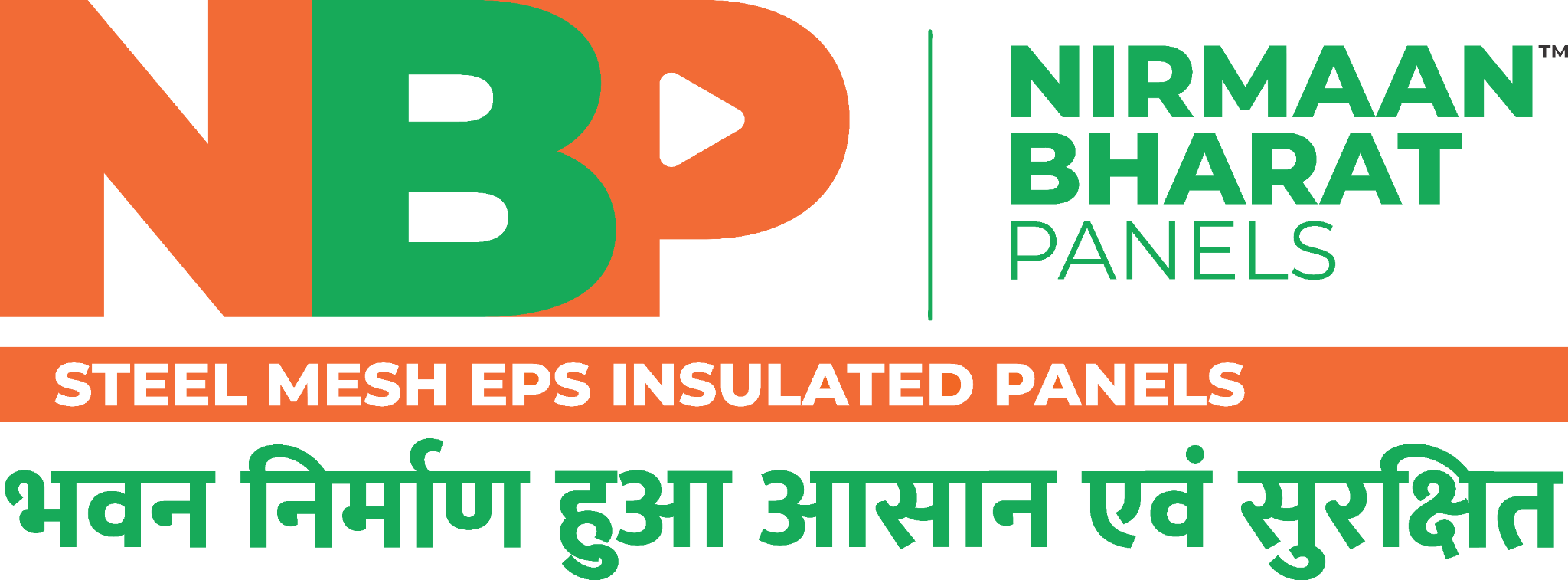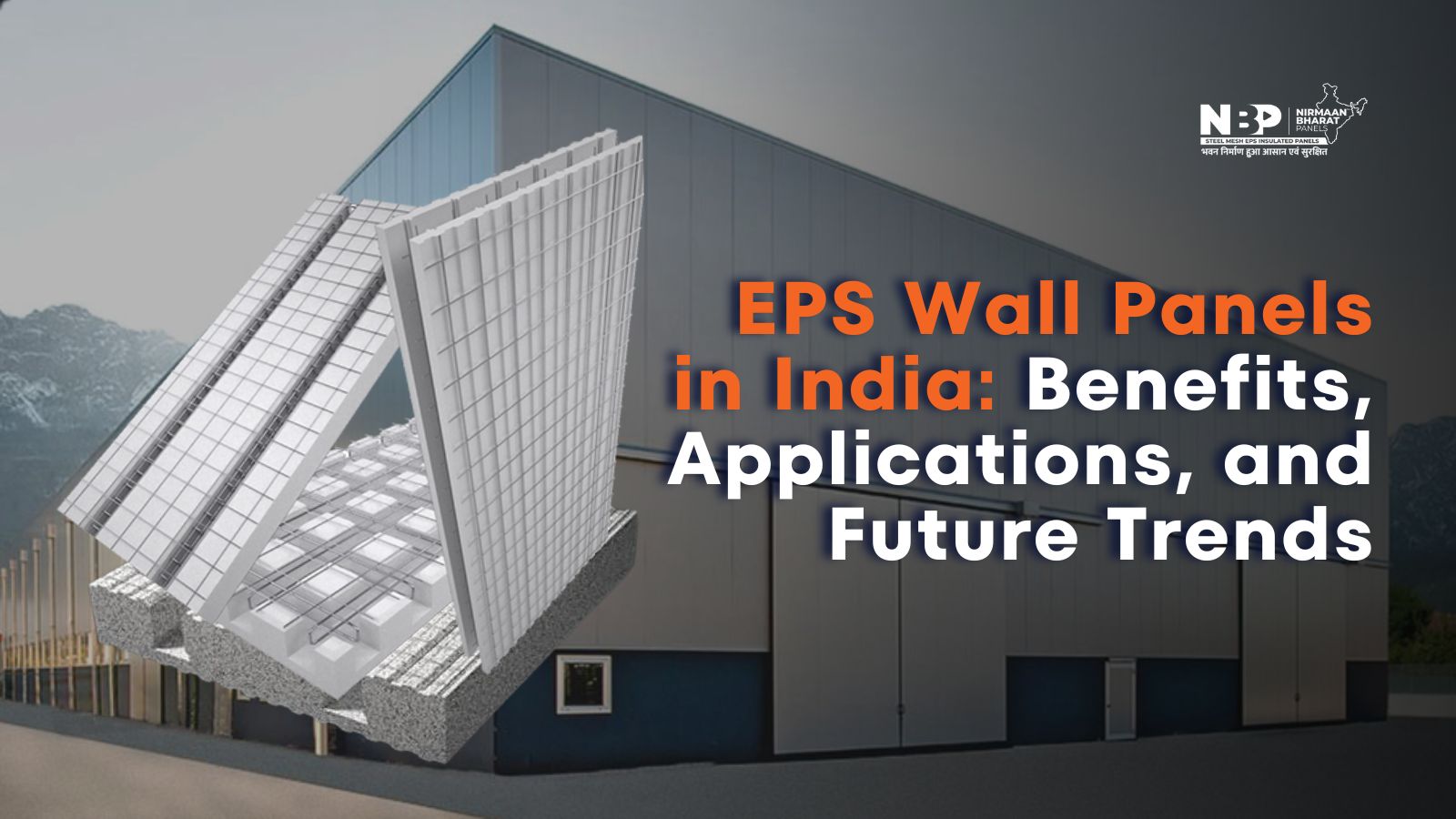The construction industry in India has been undergoing a transformative shift toward sustainable, cost-effective, and efficient building materials. Among the leading innovations, EPS Wall Panels (Expanded Polystyrene Wall Panels) stand out as a game-changer. Widely recognized for their lightweight, durability, and insulation properties, EPS wall panels are reshaping the construction landscape. From residential complexes to commercial buildings, this modern material is driving a green revolution in Indian infrastructure.
Table of Contents
ToggleWhat Are EPS Wall Panels?
EPS wall panels, or Expanded Polystyrene wall panels, are an innovative construction material designed to replace traditional brick and mortar or concrete walls. They are lightweight, highly durable, and versatile, making them an ideal choice for modern construction projects. EPS wall panels consist of a core made of Expanded Polystyrene (EPS), a thermoplastic material known for its excellent thermal insulation properties. This core is typically sandwiched between layers of cement boards, metal sheets, or other durable materials that provide structural strength and protection.
EPS Wall Panels – Structure and Composition
The core material, Expanded Polystyrene, is a lightweight foam-like material composed of 95% air and 5% polystyrene. This unique structure gives EPS exceptional insulation properties, making it highly effective in reducing heat transfer and sound transmission. The outer layers, usually made of fibre cement boards or galvanized steel sheets, add rigidity and durability to the panel. Together, these components create a material that is strong yet easy to handle, install, and transport.
Why EPS Wall Panels Are Gaining Popularity in India
- Energy Efficiency
India’s diverse climate demands energy-efficient buildings. EPS wall panels excel in thermal insulation, reducing the need for excessive heating or cooling. As a result, they help lower energy bills and contribute to environmental sustainability. - Lightweight and Easy Installation
Unlike traditional bricks or concrete, EPS wall panels are lightweight. This reduces transportation costs and accelerates construction timelines. Their modular design simplifies installation, requiring less labour and reducing the chances of errors. - Cost-Effectiveness
Although the initial investment in EPS wall panels may be slightly higher than in conventional materials, the long-term savings in energy costs, labour, and maintenance make them a cost-effective choice. - Eco-Friendly
EPS wall panels are a sustainable alternative to conventional construction materials. They reduce the need for natural resources like clay and water and help minimize construction waste. - High Strength and Durability
Despite being lightweight, EPS wall panels are engineered for strength. They are resistant to pests, fire, and water, ensuring a long lifespan and minimal upkeep. - Adaptability to Indian Conditions
EPS wall panels are well-suited for India’s climatic and seismic conditions. They provide excellent thermal comfort, soundproofing, and resistance to earthquakes.
Applications of EPS Wall Panel
- Residential Construction
EPS wall panels are widely used in residential buildings for exterior and interior walls. Their insulation properties make homes more comfortable and energy-efficient. - Commercial Projects
In commercial spaces like offices, malls, and warehouses, EPS wall panels offer quick construction and a professional finish. - Industrial Buildings
EPS wall panels are suitable for factories and storage units because of their durability, resistance to fire, and ability to withstand heavy loads. - Pre-fabricated Structures
Prefabricated homes and offices are increasingly relying on EPS wall panels for their modularity and ease of transport. - Affordable Housing
The Indian government’s focus on affordable housing has further fueled the demand for cost-effective and sustainable solutions like EPS wall panels.
Advantages of EPS Wall Panels Over Traditional Materials
| Feature | EPS Wall Panels | Traditional Materials |
|---|---|---|
| Weight | Lightweight | Heavy |
| Thermal Insulation | Excellent | Limited |
| Installation Time | Fast and efficient | Time-consuming |
| Sustainability | Eco-friendly | Resource-intensive |
| Cost-Effectiveness | Cost-effective in the long term | High initial and recurring costs |
| Resistance to Elements | High resistance to fire, pests, water | Susceptible to damage |
Challenges in Adoption
- Awareness
Despite the advantages, many builders and homeowners in India are unaware of EPS wall panels. Educational campaigns and demonstrations are needed to bridge this gap. - Initial Costs
While cost-effective in the long run, the upfront costs can deter budget-conscious buyers. Financial incentives or subsidies could encourage adoption. - Skilled Labor
Although easier to install than traditional materials, skilled labour is still essential to handle EPS wall panels correctly. Training programs can address this challenge. - Limited Manufacturers
The market for EPS wall panel in India is still growing, with limited manufacturers and suppliers. Increased production and competition will likely drive down prices and boost availability.
Government Support and Policies
The Indian government is actively promoting sustainable construction practices through initiatives like the Smart Cities Mission and the Pradhan Mantri Awas Yojana. EPS wall panels align perfectly with these goals by offering eco-friendly and cost-effective solutions for urban and rural housing.
Furthermore, policies encouraging green building certifications, such as GRIHA and LEED, are propelling the adoption of innovative materials like EPS wall panels.
EPS Wall Panels Price in India
The price of EPS (Expanded Polystyrene) wall panels in India can vary depending on several factors such as panel size, thickness, quality, and the manufacturer. These panels are known for their durability, insulation properties, and cost-effectiveness, making them a popular choice for both residential and commercial construction. The cost may also be influenced by the region, availability, and any additional customization required. EPS wall panels are a sustainable option that offers long-term savings, especially when factoring in energy efficiency and ease of installation. It’s always recommended to contact local suppliers for accurate pricing and customized quotes based on specific project requirements.
Future of EPS Wall Panels in India
The future of EPS wall panels in India looks promising. More industries are expected to embrace this material as awareness grows and technology advances. Key trends include:
- Advanced Manufacturing Techniques
Improved manufacturing processes will enhance the quality, strength, and variety of EPS wall panels. - Integration with Smart Building Systems
EPS wall panels will be crucial in smart buildings, offering seamless integration with energy-efficient systems. - Expanding Applications
The versatility of EPS wall panels, from urban skyscrapers to rural schools, will drive their usage across diverse sectors. - Increased Global Collaboration
Partnerships with international manufacturers and researchers will bring cutting-edge technology to India, making EPS wall panel more accessible and affordable.
Conclusion
EPS wall panels are revolutionizing the construction industry in India. Their lightweight, cost-effective, and eco-friendly nature makes them an ideal choice for modern infrastructure. While challenges remain, the growing demand for sustainable and efficient building materials ensures a bright future for EPS wall panels.
By addressing barriers such as awareness and initial costs, India can fully embrace this innovative material, paving the way for a greener and more sustainable construction ecosystem.
FAQs
Q1. What are EPS wall panels?
Ans: EPS wall panels are lightweight construction materials made of Expanded Polystyrene sandwiched between durable outer layers like cement boards or metal sheets.
Q2. How are EPS wall panels different from traditional bricks?
Ans: EPS wall panels are lighter, easier to install, and offer superior thermal and acoustic insulation compared to traditional bricks. They are also eco-friendly and reduce construction time significantly.
Q3. Are EPS wall panels suitable for Indian weather conditions?
Ans: Yes, EPS wall panels are well-suited for India’s diverse weather conditions. They provide excellent thermal insulation, keeping interiors cooler in summer and warmer in winter, and are resistant to moisture and pests.
Q4. Can EPS wall panels be used for load-bearing walls?
Ans: While EPS wall panels are highly durable and strong, they are generally used for non-load-bearing applications. For load-bearing walls, additional structural support may be required.
Q5. Are EPS wall panels fire-resistant?
Ans: Yes, EPS wall panels are treated to be fire-resistant. The outer layers, typically made of cement boards or metal, provide a protective barrier, and the EPS core is engineered to slow down fire spread.



